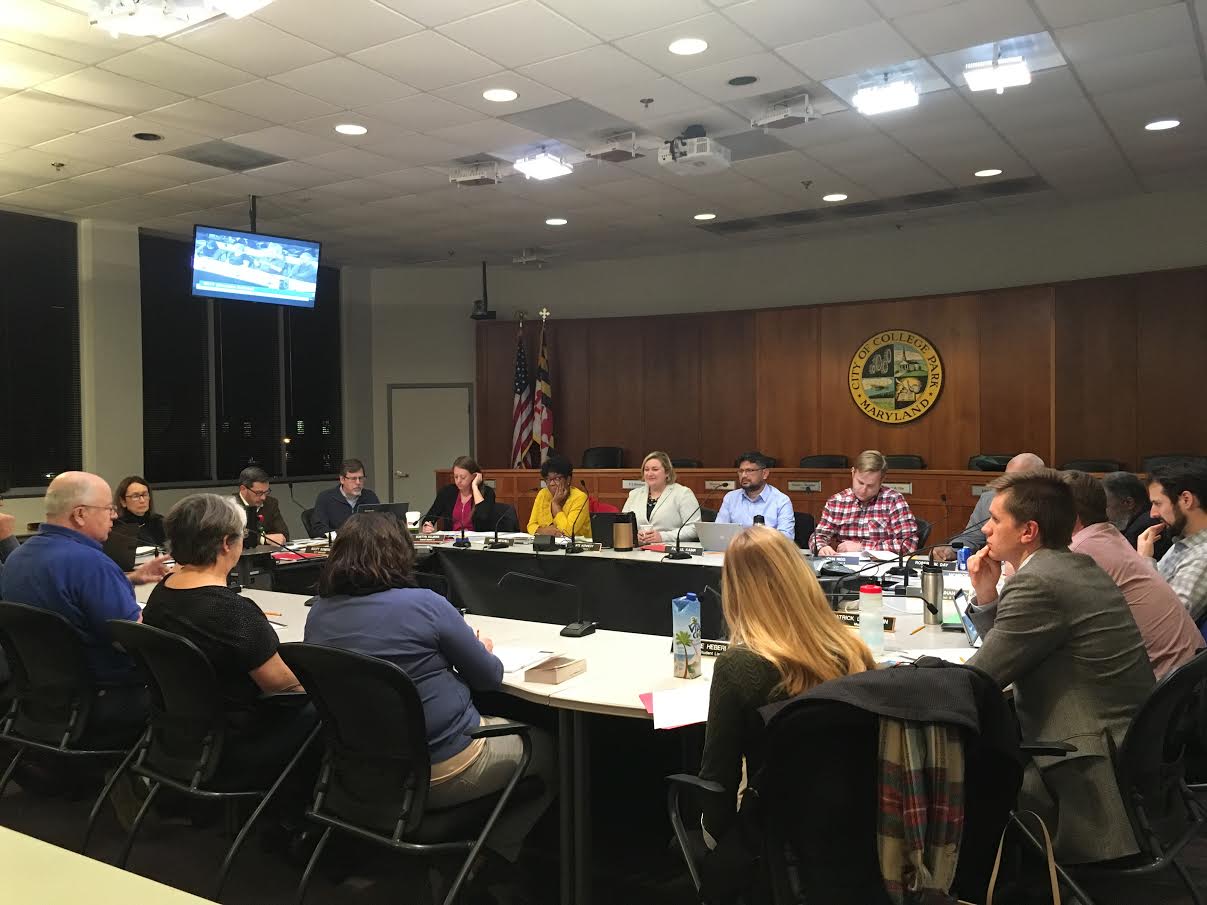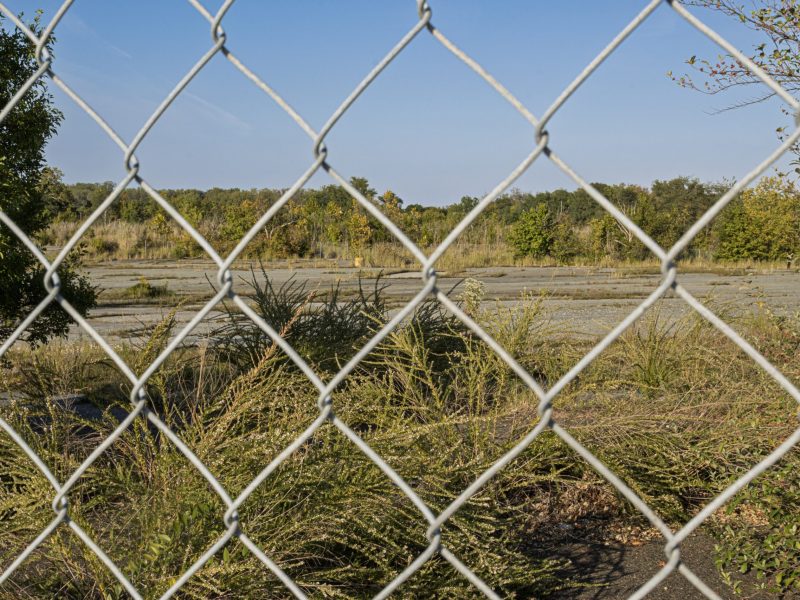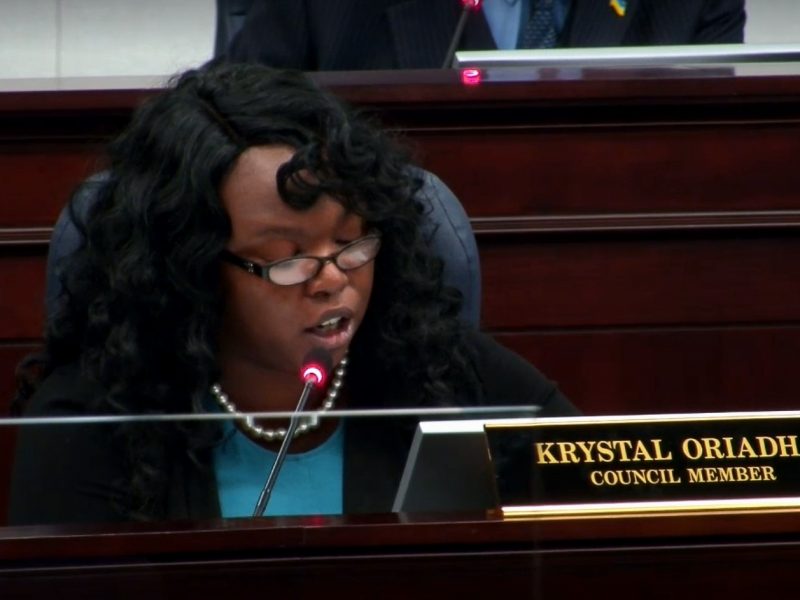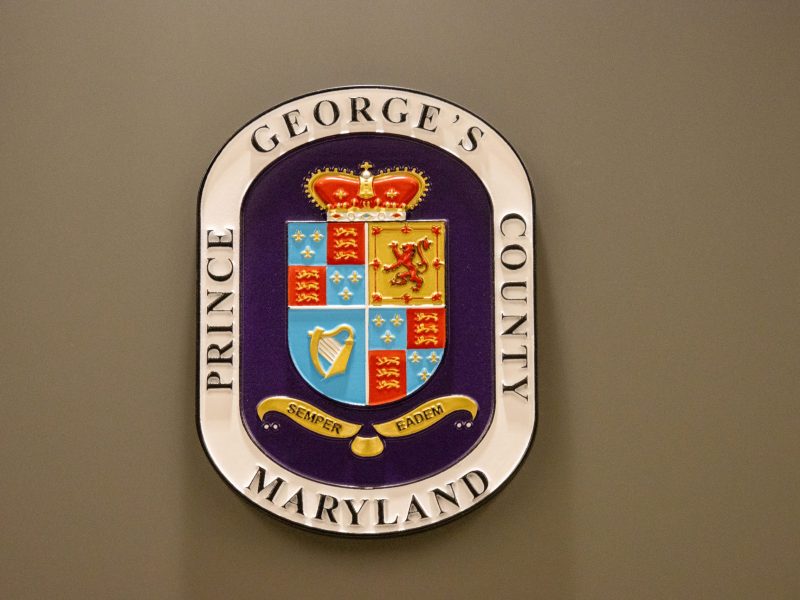On Tuesday night, the College Park City Council debated topics involving council rules and procedures, traffic-calming devices and the Anacostia Trails Heritage Area. Here’s a roundup of each discussion and its resolution.
Traffic-calming device on Albion Road
The city council voted unanimously to approve a traffic-calming device on Albion Road, the southernmost road in College Park, according to City Engineer Steven Halpern.
On Nov. 8, city clerks received a traffic-calming petition signed by more than 60 percent of the block’s residents, Halpern said.
[Read more: Some College Park apartments could see fewer inspections after City Council vote]
A 48-hour traffic study conducted on Dec. 2 and Dec. 3 showed the average daily vehicle volume on the street is 134 vehicles, and nearly 29 percent of vehicles exceed the 25 mph speed limit by at least 5 mph.
Paul Marchione, a 13-year resident of the street, testified in favor of the device, saying it was “telling” that none of his neighbors came to the council meeting because they were home with their kids — a testament to how “kid-friendly” he said the street is.
“As someone who has walked his dog up and down that street for the last eight years, I can tell you anecdotally … nine out of 10 cars come down our street and then take the left onto Rhode Island [Avenue],” he said. “They are not our neighbors coming down the street, so it is used as a cut-through.”
Council rules
The city council also voted unanimously to approve revisions to rules and procedures for its body. These new changes cover topics including the residence of those who testify, a meeting stop time and information from elected officials.
People who testify before the council will no longer have to provide a specific address, but instead state whether they are College Park residents. Each regular meeting and work session will require a council vote to extend past 10:30 p.m. and the stop time will be at 11 p.m., according to the new rules.
[Read more: College Park City Council votes to remove portion of amendment adjusting voting threshold]
Elected officials who provide information to residents must now state that communication is from an individual elected official and is not sanctioned or approved by the city.
“We’ve had extensive discussion and review of our rules and policies and procedures, so I think that we’ve covered all the grounds,” District 2 Councilman Monroe Dennis said. “Hopefully … we can all remember that we have established these policies and procedures, and we can adhere to them as we go forward.”
Anacostia Trails Heritage Area
Aaron Marcavitch, Maryland Milestones/Anacostia Trails Heritage Area executive director, gave a presentation at the meeting and discussed grants the organization plans to award.
He called this year “unique” because the heritage program doubled its funding this year from $3 million to $6 million for heritage areas around the state of Maryland.
“We’re just finishing up our grant review process and we have something in the neighborhood of $400,000 worth of requests,” he said. “That is the most we’ve ever had for this heritage area, and it does include a grant request from this city that I can’t say too much about, but I wouldn’t worry too much.”
The organization will also be providing mini-grants of up to $5,000, which Marcavitch said were “great” for small organizations in the area. These grants are one-to-one matching funds for topics including culture and nature.



